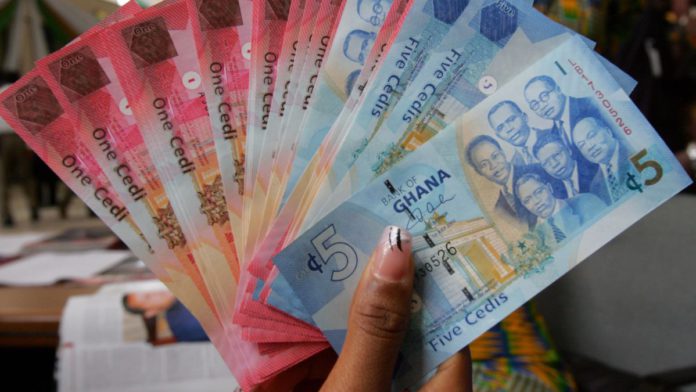This week was ushered in by another rise in the prices of petroleum products.
Though the increment had been projected by experts the week prior, the impact was biting as drivers complained bitterly.
Checks by JoyBusiness on October 16 indicated that some OMCs are selling a price of petrol per liter for ¢13.10, from the previous price of ¢11.10, about 16% increase.
Similarly, the price of diesel per litre shot up to about ¢15.99 from the previous price of ¢13.90. This is about 12% surge.
However, this was just the tip of the iceberg regarding the upward adjustments that Ghanaians would have to grapple with for the rest of the working week.
2. Transport fares
The Ghana Private Road Transport Union (GPRTU) said it would not be able to shoulder the burden caused by this development.
It proposed a 40% increase in transport fares to offset increase in fuel prices, lubricants, spare parts and taxes.
Earlier on Friday, the Industrial Relations Officer for the GPRTU, Abbas Imoro indicated that a consensus has been reached to effect the increase.
He told Accra-based Citi News that though the Union will come out with the new prices on Monday, October 24, commuters will be given ample time to adjust before implementing.
“Normally, if we are able to conclude, we will come out on Monday with a percentage of increment. We will give the passengers a few days to adjust themselves to the new prices,” Mr. Moro said.
This is likely to trigger concerns from the general public.
3. Cedi Depreciation
The free fall of the local currency is sure to pose a difficulty to Ghanaians with a fast depreciation being seen.
This week, the cedi was cited by a Bloomberg report as the worst-performing against the dollar worldwide.
The Ghana cedi also lost further grounds Friday morning to trade at ¢14.70 to the dollar, quotations from the forex bureaus indicate.
The local currency lost 20 pesewas in value to the American ‘greenback’. It sold for ¢14.50 last night.
Whilst the euro also appreciated marginally against the cedi, the local currency remained stable against the pound. It is going for ¢13.40 to the euro and ¢16.00 to the pound.
The cedi again lost significant value to the Chinese Yuan in less than a day. It is selling at ¢2.3 to the Yuan, from yesterday’s (October 20, 2022) price of ¢1.4.
Similarly, it depreciated against the South African Rand going for ¢1.9, from the previous price of ¢1.4.
4. GUTA strike
On Friday, the Ghana Union of Traders Association (GUTA) suspended its strike action after 24 hours of closing shops over high taxes amid compounding economic hardship.
The decision comes on the back of a meeting with the King of the Ga State, Mantse Nii Tackie Teiko Tsuru II who has promised to take the matter up to the appropriate authorities for an urgent solution.
Though the traders agreed to reopen their shops, they indicated that they will now price their goods in accordance with an increase in the foreign exchange.
It is yet to be seen how much of a repercussion this ad-hoc pricing regime will have on the consuming public.
5. Cash-and-Cary system for purchase of drugs
Patients who are in dire need of drugs via their National Health Insurance Scheme to save their lives may have to brace themselves.
The Ghana National Chamber of Pharmacy (GNCoP) says the pharmaceutical industry is on the verge of collapse as a result of the current economic challenges.
On this score, they have resolved that medicines will be sold on a cash-and-carry basis until the economy stabilises.
Speaking on behalf of the group at a press conference on Thursday, the President of the Pharmaceutical Importers and Wholesalers Association, William Adum Addo said the impending crisis is capable of affecting lives and the health of the nation.

